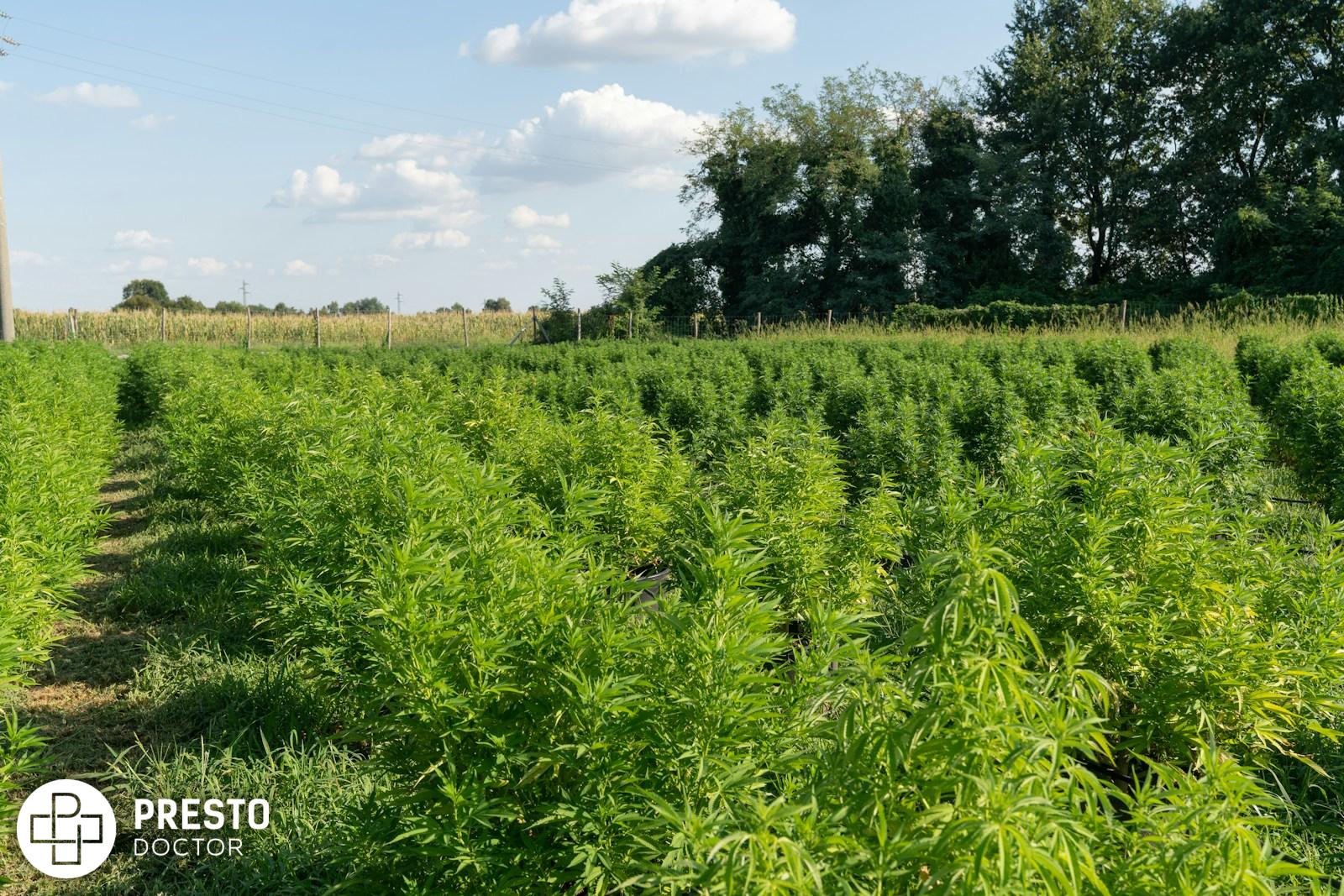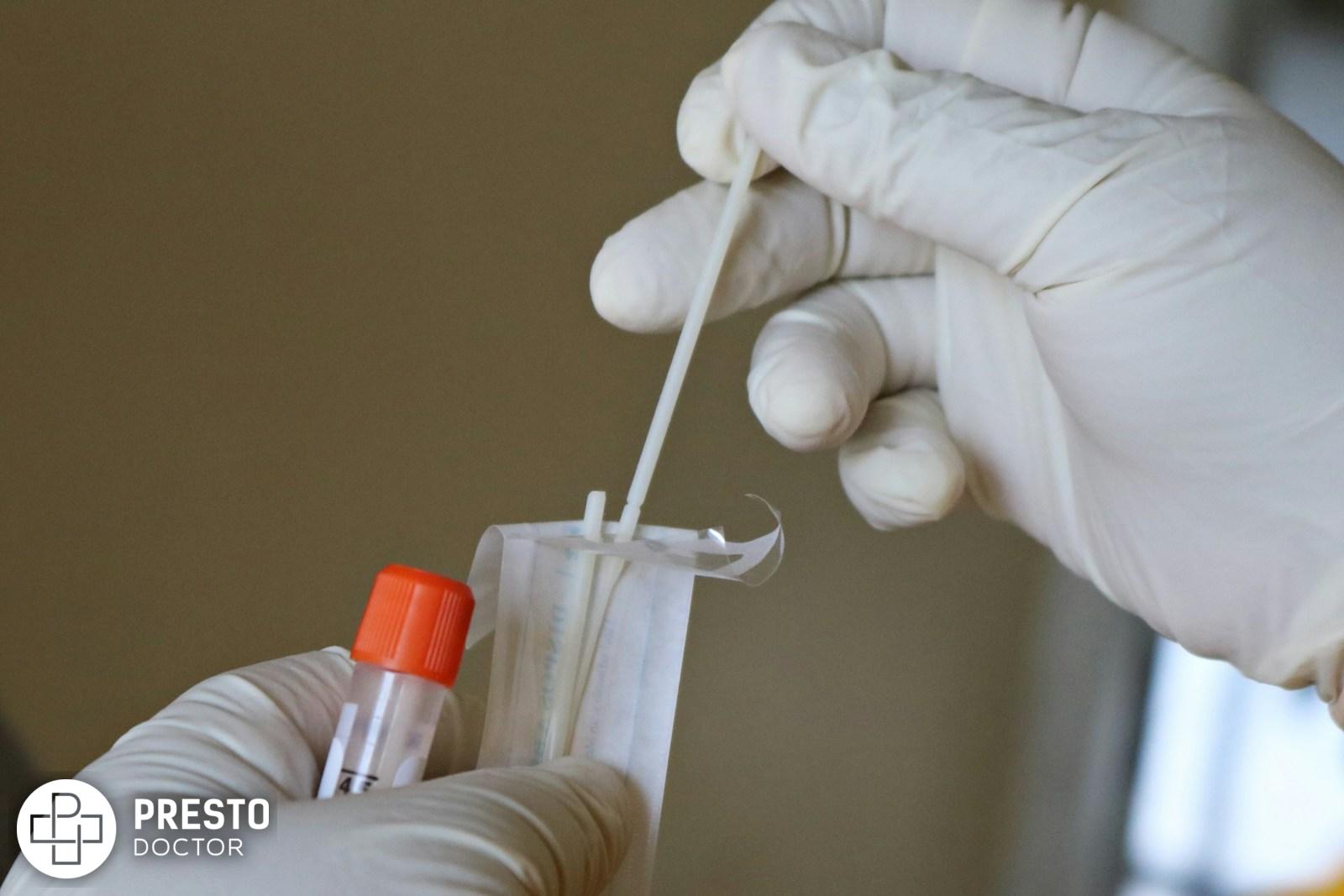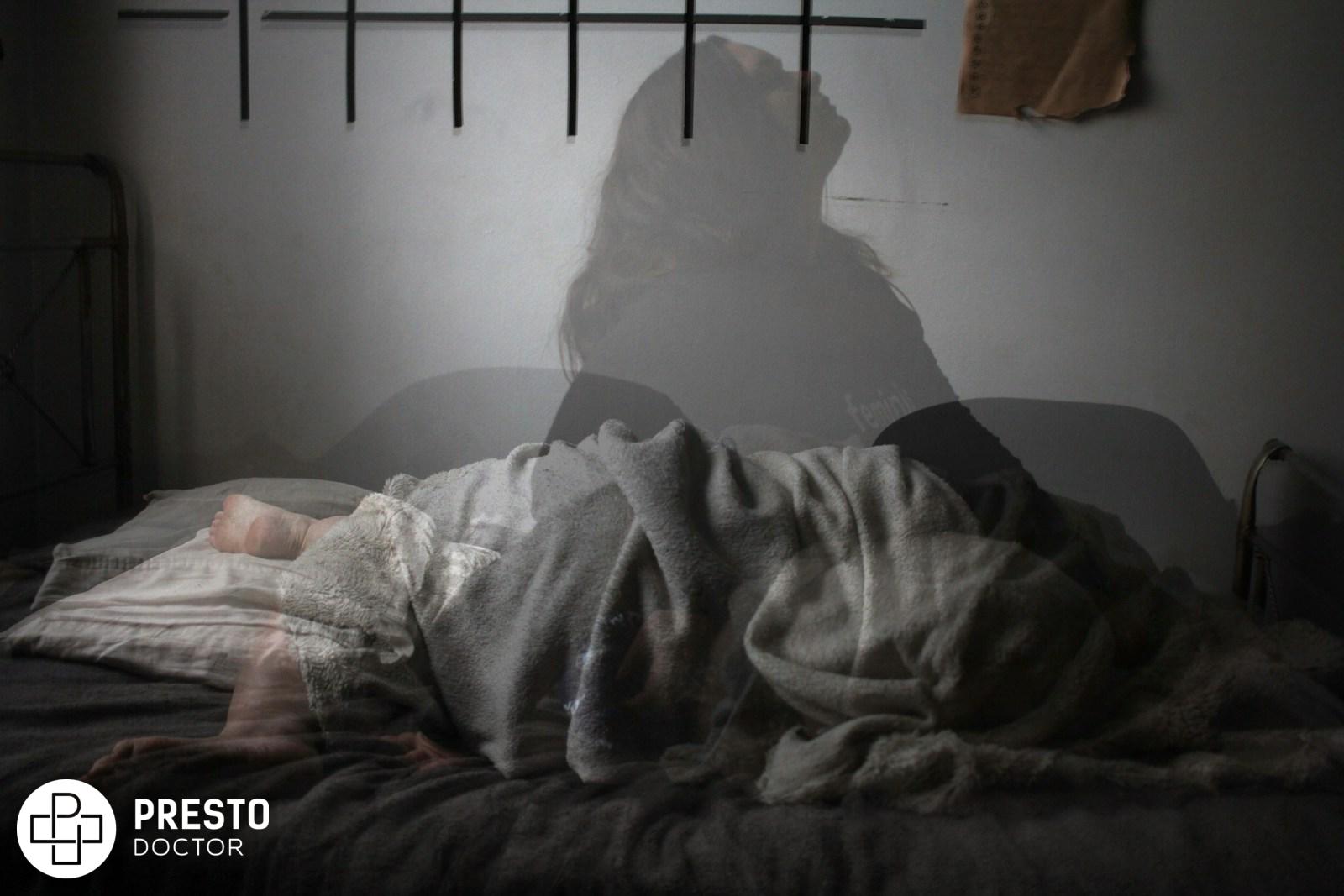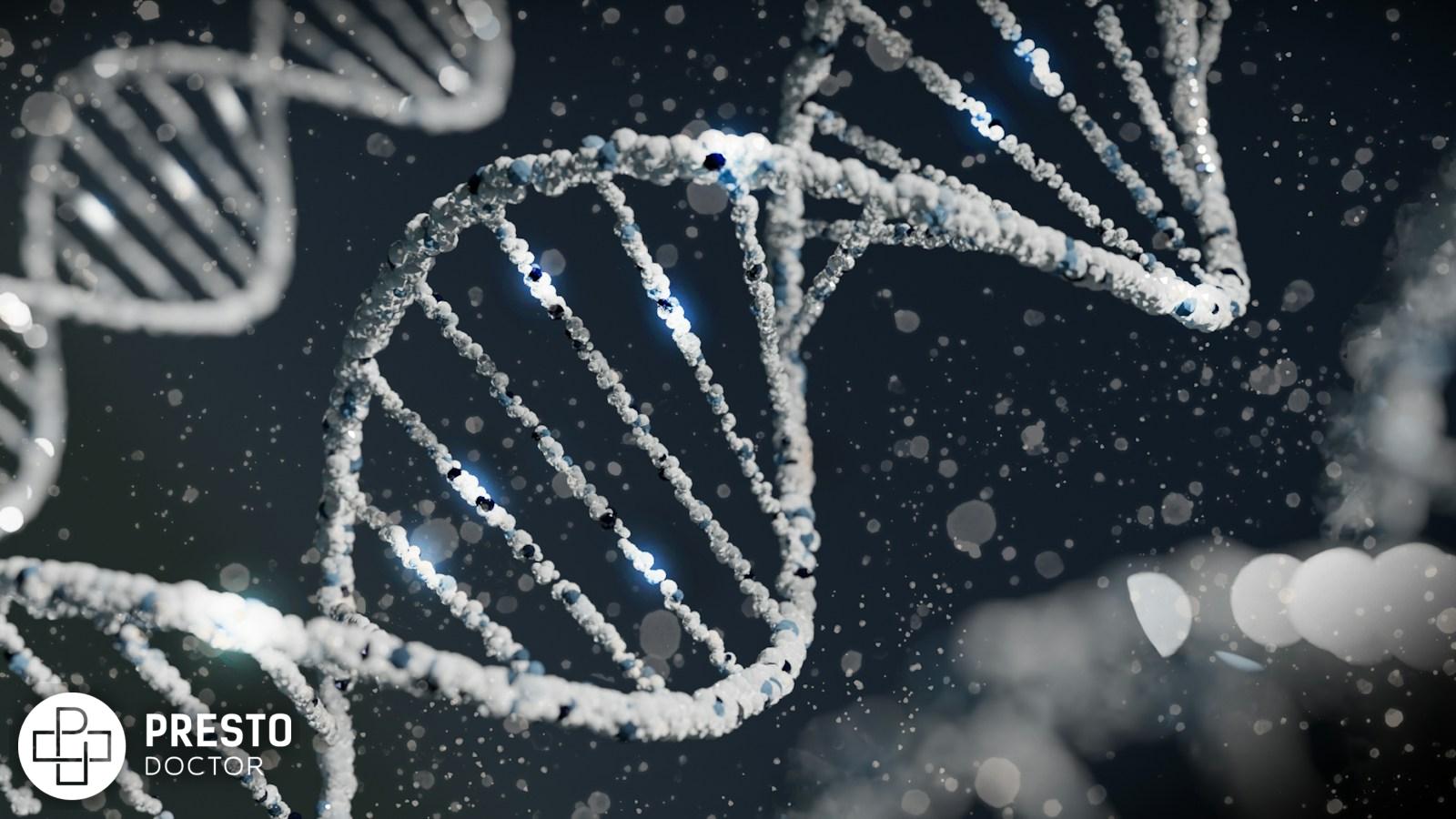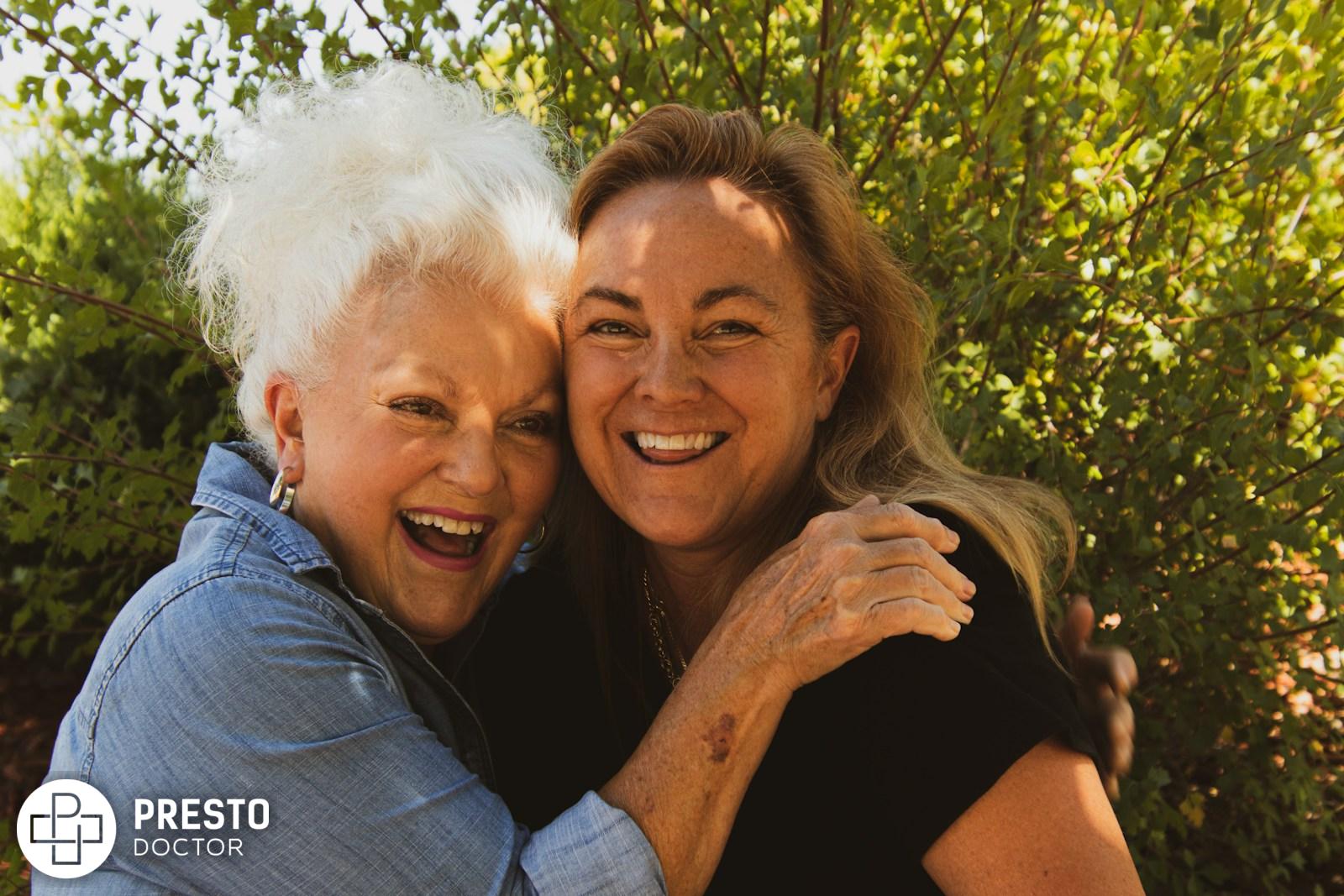
One of the most common mental health issues that new mothers face is postpartum depression. It can be overwhelming to adjust to a new life with a newborn. Many women struggle with feelings of sadness, anxiety, and overwhelm. While there are many traditional treatments available, some mothers are turning to CBD oil as a natural alternative to help alleviate their symptoms. CBD oil has been shown to have potential therapeutic benefits, such as reducing anxiety and improving mood. In this guide, we will explore the science behind CBD, its potential benefits for postpartum depression, and how to safely and effectively use it as a new mother. We’ll also address common concerns and misconceptions about CBD and provide tips for talking to your doctor about incorporating it into your postpartum care plan.
Understanding Postpartum Depression: Impact On Mothers
Becoming a mother is often described as one of the most joyful and fulfilling experiences in a woman’s life. However, the reality for many new mothers is far from idyllic. Postpartum depression, also known as PPD, is a common yet often misunderstood condition that affects countless mothers worldwide. Understanding the nature of postpartum depression is crucial in order to provide the necessary support and resources for mothers who may be experiencing it.
Postpartum depression is a type of mood disorder that occurs after childbirth, typically within the first few weeks or months. It is important to note that postpartum depression is different from the “baby blues.” Baby blues is a milder and more common condition characterized by mood swings, fatigue, and emotional sensitivity. PPD, on the other hand, is a more severe and persistent form of depression that can significantly impact a mother’s ability to function and bond with her baby.
The impact of postpartum depression on mothers can be profound and wide-ranging. It affects not only their emotional well-being but also their physical health and overall quality of life. Mothers with PPD may experience feelings of sadness, hopelessness, and worthlessness. They may struggle with extreme fatigue, appetite changes, and difficulty sleeping or concentrating. Additionally, PPD can take a toll on a mother’s ability to care for her baby, leading to feelings of guilt and inadequacy.
In recent years, there has been growing interest in the potential benefits of CBD, or cannabidiol, for managing postpartum depression. CBD is a non-intoxicating compound derived from the cannabis plant, known for its potential therapeutic properties. While research on CBD and postpartum depression is still in its early stages, some studies suggest that CBD may help alleviate symptoms of depression and anxiety.
The Potential Benefits Of CBD In Managing Postpartum Depression
Postpartum depression can be a challenging and overwhelming experience for new mothers. While there are various treatment options available, many women are turning to alternative remedies such as CBD (cannabidiol) to manage their postpartum depression symptoms.
CBD, derived from the hemp plant, is known for its potential therapeutic properties. It interacts with the body’s endocannabinoid system, which plays a crucial role in regulating mood, sleep, and emotions. This interaction may offer several potential benefits for managing postpartum depression.
One of the most significant benefits of CBD is its ability to promote relaxation and reduce anxiety. Postpartum depression often brings about feelings of anxiety, panic, and constant worry. CBD can help alleviate these symptoms by calming the mind and promoting a sense of tranquility. It may help new mothers feel more at ease and better equipped to handle the challenges of motherhood.
Additionally, CBD has been studied for its potential antidepressant properties. It may help regulate serotonin levels in the brain, which is a neurotransmitter responsible for mood regulation. By promoting a healthy balance of serotonin, CBD may help improve mood and reduce symptoms of depression.
Furthermore, experts know CBD for its anti-inflammatory properties. Postpartum depression can cause physical discomfort and inflammation in the body. CBD may help alleviate these symptoms, providing relief and enhancing overall well-being.
It is important to note that while CBD shows promise in managing postpartum depression, further research is needed to fully understand its effects and dosage recommendations for new mothers. It is always advisable to consult with a healthcare professional before incorporating CBD into your postpartum depression management plan.
Is CBD Safe For Breastfeeding Mothers?
One of the most important considerations for breastfeeding mothers who are considering using CBD to manage postpartum depression is the safety aspect. While CBD is generally considered safe for consumption, it is crucial to understand its potential effects on both the mother and the nursing baby.
Research on the use of CBD during breastfeeding is limited. This is mainly due to ethical concerns and the lack of comprehensive studies in this specific area. However, some studies suggest that CBD may pass into breast milk in small amounts. This raises concerns about potential risks and impacts on the developing baby.
It is important to consult with a healthcare professional, such as a doctor or lactation consultant, before incorporating CBD into your postpartum regimen. They can provide personalized advice based on your specific situation and help weigh the potential benefits against any potential risks.
Additionally, it is worth noting that CBD products can vary in terms of quality and purity. It is crucial to choose reputable brands that provide third-party lab testing to ensure the absence of harmful contaminants and accurate CBD concentration.
If your healthcare professional gives you the green light to use CBD while breastfeeding, they may recommend starting with a low dose and closely monitoring any potential effects on both yourself and your baby. It is also essential to be aware of any changes in your baby’s behavior or feeding patterns. You must discontinue CBD use if any adverse effects are observed.
How Does CBD Work In The Body To Alleviate Symptoms Of Postpartum Depression?
CBD, short for cannabidiol, is a naturally occurring compound found in the cannabis plant. Unlike its counterpart THC, CBD is non-psychoactive, meaning it doesn’t produce the “high” associated with marijuana use. Instead, CBD interacts with the body’s endocannabinoid system (ECS), a complex network of receptors and neurotransmitters responsible for regulating various functions.
When consumed, CBD interacts with the ECS by binding to receptors in the brain and throughout the body. This interaction helps to restore balance and harmony in the body, which can be beneficial for managing symptoms of postpartum depression. Researchers believe that CBD has several mechanisms of action that contribute to its potential antidepressant effects.
One way CBD may alleviate symptoms of postpartum depression is by increasing the production of serotonin, a neurotransmitter known for its mood-regulating properties. Researchers have linked low levels of serotonin to depression. Studies have shown that CBD enhances serotonin signaling in the brain, potentially improving mood and overall well-being.
Additionally, CBD has been found to have anti-inflammatory properties. Postpartum depression is thought to involve inflammation in the brain, and reducing this inflammation may help alleviate depressive symptoms. CBD’s anti-inflammatory effects may also contribute to its potential anxiolytic (anti-anxiety) properties. This can be particularly beneficial for mothers experiencing heightened anxiety alongside depression.
Furthermore, CBD has been studied for its potential neuroprotective effects. Postpartum depression has been associated with alterations in brain structure and function. CBD’s ability to support neurogenesis (the growth of new neurons) and protect against oxidative stress may have positive implications for mothers struggling with postpartum depression.
While CBD shows promise in alleviating symptoms of postpartum depression, it should not replace professional medical advice. If you are experiencing postpartum depression, it is crucial to consult with a healthcare provider who can provide appropriate guidance and support.
Recommended Dosage & Consumption Methods
When it comes to using CBD for postpartum depression, finding the right dosage and consumption method is crucial for optimal results. Every individual is unique, and what works for one person may not work for another. It’s important to consult with a healthcare professional before incorporating CBD into your postpartum depression treatment plan.
Dosage recommendations for CBD can vary depending on factors such as body weight, metabolism, and the severity of symptoms. It is advisable to start with a low dosage and gradually increase it until you find the desired effect. Many experts recommend starting with 10-20 milligrams of CBD per day and adjusting as needed.
Consumption methods for CBD during postpartum depression also vary, and it’s important to find the method that works best for you. Some common options include:
1. Sublingual administration: This involves placing CBD oil drops under the tongue and holding them there for about 60-90 seconds before swallowing. Many individuals prefer this method because it allows for quick absorption into the bloodstream.
2. Edibles: CBD-infused edibles, such as gummies or chocolates. However, it’s important to pay attention to the dosage and ensure that the product accurately labeled.
3. Topicals: CBD-infused creams, balms, or lotions can be applied directly to the skin, targeting specific areas of discomfort or tension. This method may not provide systemic relief but can be effective for localized symptoms.
Remember, the key is to find the right dosage and consumption method that works best for you and your specific needs. It’s important to be patient and allow time for CBD to take effect. Monitoring your symptoms and adjusting your dosage accordingly, under the guidance of a healthcare professional, can help you navigate the world of CBD for postpartum depression with confidence and safety.
Potential Side Effects & Precautions To Consider When Using CBD For Postpartum Depression
As with any therapeutic option, it is crucial to understand the potential side effects and precautions associated with using CBD for postpartum depression. While people generally tolerate CBD well, it is essential to approach with caution, especially during the delicate postpartum period.
Consult With A Healthcare Professional
Before incorporating CBD into your postpartum depression treatment plan, it is vital to consult with your healthcare provider. They can assess your individual circumstances and provide personalized advice based on your medical history, current medications, and any potential contraindications.
Potential Side Effects
Although people generally consider CBD safe, some individuals may experience mild side effects. These can include drowsiness, dry mouth, changes in appetite, diarrhea, or fatigue. It is important to note that these side effects are typically rare and vary from person to person.
Interaction With Other Medications
CBD may interact with certain medications, including those metabolized by the liver’s cytochrome P450 enzyme system. This interaction can affect how medications are processed in the body, potentially leading to adverse effects or reduced efficacy. Consulting with a healthcare professional can help ensure the safe use of CBD alongside other medications.
Quality And Safety
When considering CBD for postpartum depression, it is crucial to prioritize quality and safety. Look for CBD products that undergo third-party testing to verify their potency and purity. Additionally, opt for products derived from organically grown hemp and extracted using safe methods, such as CO2 extraction.
Start With Low Doses
If you and your healthcare provider decide to proceed with CBD for postpartum depression, it is recommended to start with low doses. By starting low and gradually increasing the dosage, you can assess your individual response and minimize the risk of adverse effects.
Breastfeeding Considerations
For breastfeeding mothers, it is important to note that there is limited research on the safety of CBD use during lactation. CBD may pass into breast milk, potentially affecting the infant. It is advisable to consult with a healthcare professional for personalized guidance regarding CBD use while breastfeeding.
Remember, every individual is unique, and what works for one person may not work for another. Open and honest communication with your healthcare provider is crucial when considering CBD as a potential option for postpartum depression. Together, you can determine the most appropriate approach to support your mental well-being while considering any potential side effects or precautions.
Other Natural Remedies and Lifestyle Changes To Complement CBD In Managing Postpartum Depression
While CBD can be a valuable tool in managing postpartum depression, it’s important to remember that it’s not a one-size-fits-all solution. There are many other natural remedies and lifestyle changes that can complement the use of CBD and provide additional support for mothers experiencing postpartum depression.
Exercise
Engaging in regular physical activity can have a positive impact on mental health. Exercise releases endorphins, commonly referred to as the “feel-good” hormones. Endorphins can help alleviate symptoms of depression. Whether it’s going for a walk, practicing yoga, or joining a postnatal fitness class, finding an exercise routine that works for you can be beneficial.
Nutrition
A well-balanced diet rich in essential nutrients can contribute to better mental well-being. Incorporating foods that are high in omega-3 fatty acids, such as fatty fish, walnuts, and flaxseeds, may help reduce symptoms of depression. Additionally, focusing on whole foods, fruits, vegetables, and staying hydrated can support overall health.
Sleep
Adequate sleep is crucial for mental and emotional well-being. Lack of sleep can worsen symptoms of depression. Establishing a consistent sleep routine and creating a relaxing environment can improve sleep quality. Consider implementing relaxation techniques, such as meditation or taking a warm bath, before bedtime.
Support System
Surrounding yourself with a supportive network of family and friends can make a significant difference in managing postpartum depression. Sharing your feelings and experiences with trusted individuals who can offer emotional support can provide comfort and alleviate feelings of isolation.
Therapy and Counseling
Seeking professional help through therapy or counseling can be an important part of the treatment plan for postpartum depression. A therapist can provide a safe space for mothers to express their emotions, learn coping strategies, and develop personalized tools for managing their mental health.
Remember, it’s essential to consult with a healthcare professional before incorporating any new remedies or making significant lifestyle changes. Each person’s experience with postpartum depression is unique, and a healthcare provider can provide personalized guidance and support.
Research and Studies Supporting The Use Of CBD For Postpartum Depression
Research and studies supporting the use of CBD for postpartum depression have been gaining attention in recent years. As more mothers seek alternative treatment options for their postpartum depression symptoms, CBD has emerged as a potential solution.
One study published in the Journal of Clinical Psychology explored the effects of CBD on postpartum depression in a group of women. The researchers found that CBD administration led to a significant reduction in depressive symptoms, as well as improvements in overall mood and well-being. These findings suggest that CBD could be a promising natural remedy for mothers struggling with postpartum depression.
Another study conducted by the National Institute on Drug Abuse (NIDA) focused on the effects of CBD on anxiety, which is often closely linked to postpartum depression. The results indicated that CBD had an anxiolytic effect, meaning it reduced anxiety levels in the participants. This is particularly significant for mothers experiencing postpartum depression, as anxiety is a common symptom that can exacerbate their condition.
Furthermore, anecdotal evidence from mothers who have used CBD to alleviate their postpartum depression symptoms has been encouraging. Many report feeling a sense of calm and improved mood after incorporating CBD into their daily routine. While personal experiences may vary, these accounts contribute to the growing body of evidence supporting the potential benefits of CBD for postpartum depression.
It’s important to note that more research is still necessary to fully understand CBD’s effects on postpartum depression. Additionally, consulting with a healthcare professional is crucial before incorporating CBD into any treatment plan, especially for breastfeeding mothers.
Consultation With Healthcare Professionals and Seeking Support During The Postpartum Period
During the postpartum period, it is crucial for mothers experiencing depression to seek support from healthcare professionals. Consulting with healthcare professionals, such as obstetricians, gynecologists, or mental health specialists, can provide valuable guidance and insights into managing postpartum depression effectively.
These professionals can offer personalized advice based on your specific situation and medical history. They can help determine the most appropriate treatment options, including the potential use of CBD, based on the severity and duration of your symptoms.

